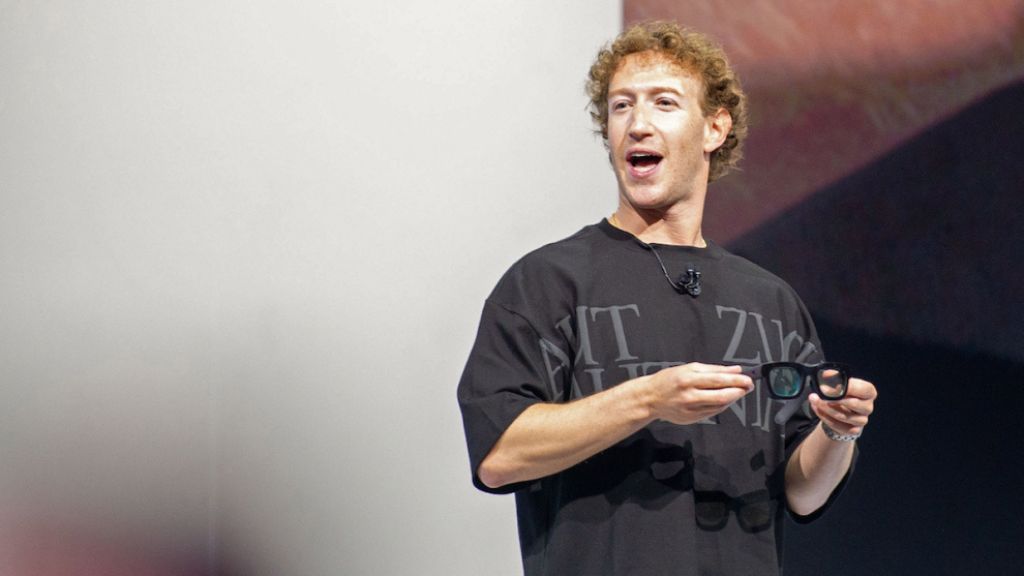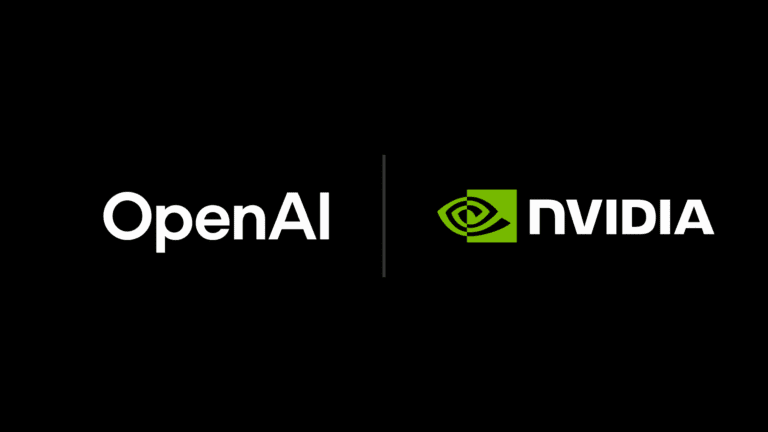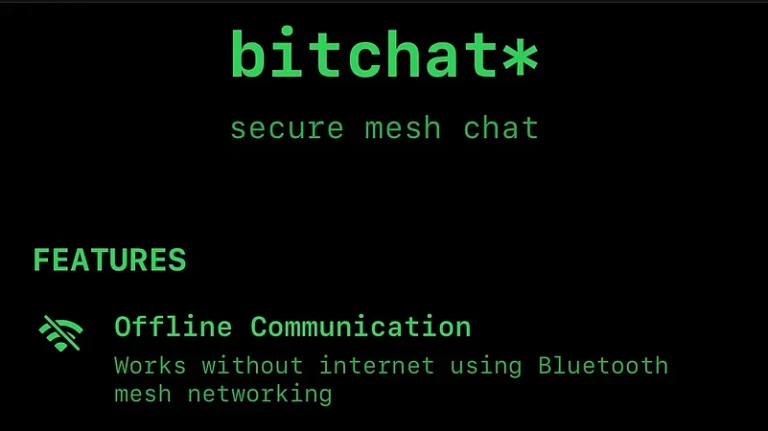
In a significant move to enrich the informational capabilities of its AI technologies, Meta Platforms has signed a multi-year deal with Reuters, allowing its AI chatbot to provide real-time news updates sourced directly from the global news agency.
The agreement, first reported by Axios, marks a pivotal step in integrating curated, real-time journalism into artificial intelligence applications. Under the terms of this partnership, Reuters will supply Meta AI with access to its extensive news content, enabling the chatbot to offer summaries and direct links to Reuters’ articles when users inquire about current events or news-related topics.
“Through Meta’s partnership with Reuters, Meta AI can respond to news-related questions with summaries and links to Reuters content,” stated a Meta spokesperson via email. This collaboration not only enhances the functionality of Meta AI, available across Meta’s suite of services including Instagram, WhatsApp, and Facebook, but also represents a strategic effort by Meta to bolster its content offerings amidst ongoing debates over the role of news on social platforms.
This deal comes at a time when Meta has been navigating a complex landscape regarding news content on its platforms. Previously, Meta had reduced the prominence of news content due to regulatory pressures and disputes over revenue sharing with news publishers. However, the integration of high-quality, real-time news into its AI seems to be a strategic pivot towards re-engaging with news dissemination, albeit through a technologically innovative channel.
Reuters, known for its rigorous journalism and now with an AI synergy with Meta, continues to expand its digital footprint. This partnership follows a trend where major news organizations are increasingly engaging with tech giants to explore new revenue streams through AI and digital content licensing. For instance, publications like Time and Dotdash Meredith have previously partnered with OpenAI for similar purposes.
The financial details of the agreement between Meta and Reuters have not been disclosed, but the deal underscores the growing intersection between AI technology and traditional journalism. This move is part of Meta’s broader initiative to leverage AI not just for enhancing user interaction but also for ensuring that the information provided is accurate, sourced, and timely.
Industry observers note that such partnerships could redefine how news is consumed, potentially offering users an immediate, digestible format for news consumption while ensuring that news organizations like Reuters can sustain their operations in the digital age. Critics, however, caution about the implications for media diversity and the potential for AI to shape news narratives.
For Meta, this partnership also serves as an expansion of its existing relationship with Reuters, which already includes a fact-checking program initiated in 2020. This latest deal could pave the way for more collaborations between tech platforms and news providers, aiming to strike a balance between tech innovation and the traditional values of journalism.
As AI continues to evolve, the role it plays in our daily information diet will undoubtedly be a topic of keen interest, scrutiny, and development in the years to come.






